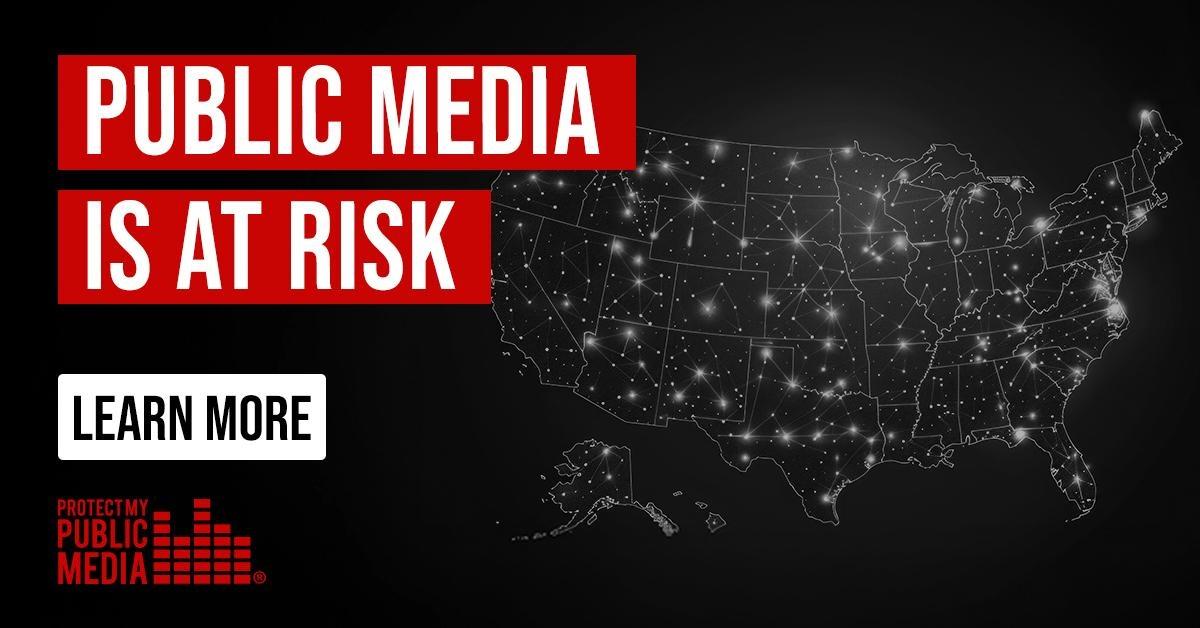By Chip Chandler — Digital Content Producer
Chip.Chandler@actx.edu
One of the highlights of my career unexpectedly pointed the way to my new job here at Panhandle PBS.
When Ken Burns began his promotional duties for his 2012 documentary “The Dust Bowl,” I was lucky to interview him by phone, shortly before he arrived in town to be interviewed by my now-colleague Ellen Robertson Green.
“The Dust Bowl” documentary, of course, was intimately tied to this area. Burns’ team interviewed regional survivors of the environmental disaster for the documentary, and he came in spring 2012 to preview it for Amarillo-area audiences before its premiere in November of that year.
“No one can appreciate (better) than those who lived through it,” Burns told me. “Memory is not some distant thing, but present.
“When you see someone break down in their 80s over the loss of a family member decades and decades ago, you realize history is not a was, but an is.”
Now, four years later, I’ll be working my first live pledge night Monday, which will feature a special look back at Burns’ time here, as well as a rebroadcast at 7:30 p.m. of Part 2 of the documentary, “Reaping the Whirlwind,” which focuses largely on this area.
“Community Conversations: The Dust Bowl,” airing at 7 p.m. today, will feature Robertson Green looking back at her interviews with Burns, his collaborator Dayton Duncan and Tim Egan, author of “The Worst Hard Time,” which inspired the documentary.
“Of course, Ken Burns was a lot of fun, and it was fun to watch him come to the Panhandle after he’d been editing that show for three years,” Robertson Green told me “Even though he hadn’t met the survivors in person before, he approached them – when he first saw them – as if they were friends, hugging them as if they were life-long friends. He told them he was sorry he was so (being) familiar with them, but he’d spent three years with them.”
Look back with us tonight on this region’s most defining moment, and consider giving us a call to pledge your support to help us continue to provide the programming that you love.






